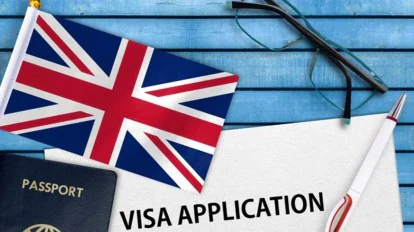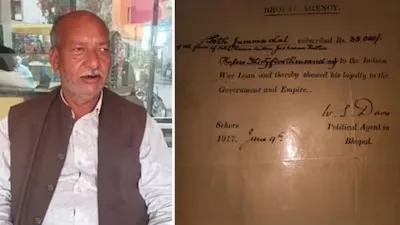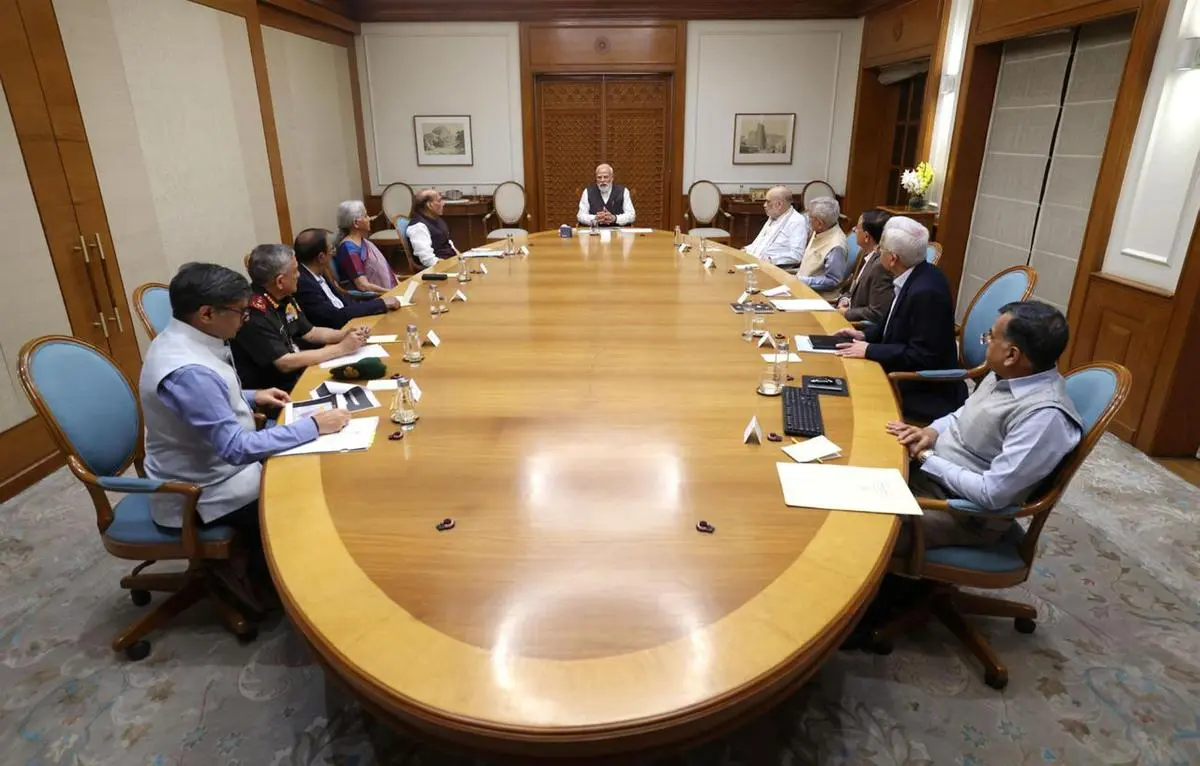In its Union Budget 2022, the Indian government announced its plans to launch digital money in response to growth in digital transactions in recent years
The Indian government’s announcements to launch E-passports and digital currency are likely to benefit the NRIs in terms of hassle-free travel and easier transaction of money. Their pros and however, will be known only after their roll out.
In its Union Budget 2022, the Indian government announced its plans to launch digital money in response to growth in digital transactions in recent years.
“A digital currency using ‘blockchain’ and other technologies is expected to be issued by the central bank in the next fiscal year,” said Indian Finance Minister Nirmala Sitharaman, in her budget speech.
She also spoke about E-Passports that may serve the purpose of physical passport for travel purposes.
The first E-passport was issued to the then President Pratibha Patil. With the issuance of smart e-passports to general people, India will join the list of 150 countries which include countries like the UK, Germany etc
According to sources in the Indian Ministry of External Affairs (MEA) the E-passports would have following features:
- The microchip-based E-passport will have many security features.
- It will be made under the use of radio-frequency identification (RFID) and biometrics.
- The details like biometric data, name, address and other important identity details will be saved in chip-enabled e-passport, will be digitally signed and stored in the embedded chip.
- The new e-passport will also have security features that will prevent unauthorized data transfer through radio-frequency identification (RFID).
- The first E-passport was issued to the then President Pratibha Patil. With the issuance of smart e-passports to general people, India will join the list of 150 countries which include the UK, Germany, Bangladesh and others that issue biometric passports. Biometric passports for common citizens are under development. But diplomatic and official passports issued by the country have been biometrically secure since 2008.
************************************************************************
Readers











